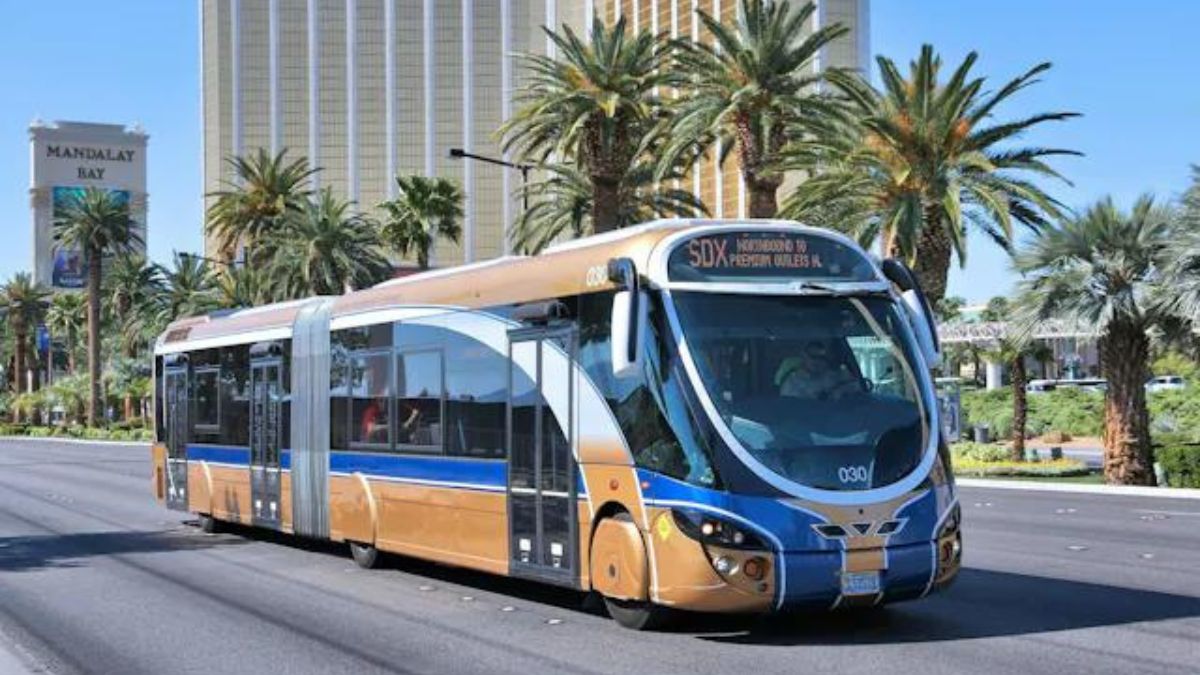Las Vegas is set to enhance its public safety measures with a $33 million upgrade to its transit security. The Regional Transportation Commission of Southern Nevada will install a system-wide AI surveillance network designed by ZeroEyes to detect firearms on over 400 buses. This initiative marks the first full deployment of such technology in the nation.
Tom Atteberry, RTC’s director of safety and security operations, emphasized the critical role of timely detection in active shooter situations. “Seconds matter in a crisis,” he said. The AI system aims to identify and alert authorities about brandished firearms, potentially giving them a crucial edge in preventing violence.
The need for improved security measures in public transit has grown amid rising violent crime and increased public concern. A recent report by the Department of Transportation highlighted growing fears and incidents of violence on transit systems nationwide. Despite low crime rates compared to similar-sized systems, the memory of the 2017 Las Vegas shooting remains a significant factor driving these enhancements.
ZeroEyes, which originally focused on school security, has expanded to serve government buildings, corporate campuses, and transit systems. The AI system will not detect legally carried firearms but will focus on those brandished in a threatening manner. The technology aims to identify threats within seconds and provide detailed information to law enforcement, including the type of weapon.
While the technology represents a significant advancement, there are varying opinions on its effectiveness. Wei Dai from Purdue University Northwest, which is exploring similar technologies, suggests acoustic sensors might be more effective in some scenarios due to their ability to detect gunshots with high accuracy. However, these sensors have faced challenges with cost and adoption.
Paul Gratton Jr., a former NYPD supervisor, believes Las Vegas is an ideal test case due to its advanced camera network. He notes that the system’s success will depend on the quality of the cameras and the procedures following detection. Despite some skepticism about the limitations of AI in weapon detection, many experts, including Atteberry, argue that investing in new technology is crucial for proactive safety measures.
Cybersecurity consultant Michael Hasse raised concerns about the potential for weapons to be concealed or modified to evade detection. Nevertheless, Atteberry and ZeroEyes advocate for the use of AI to enhance security, stressing the importance of being proactive in preventing tragedies.


